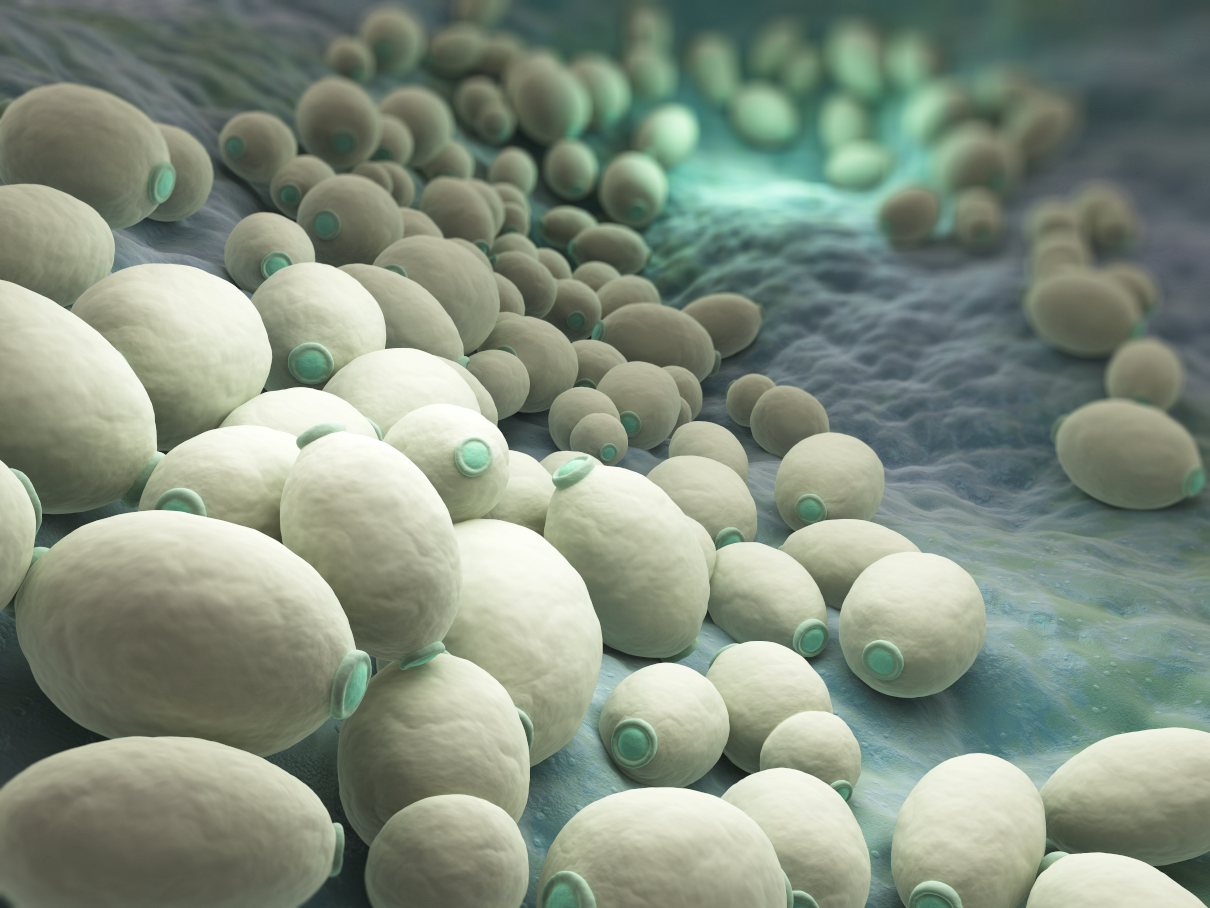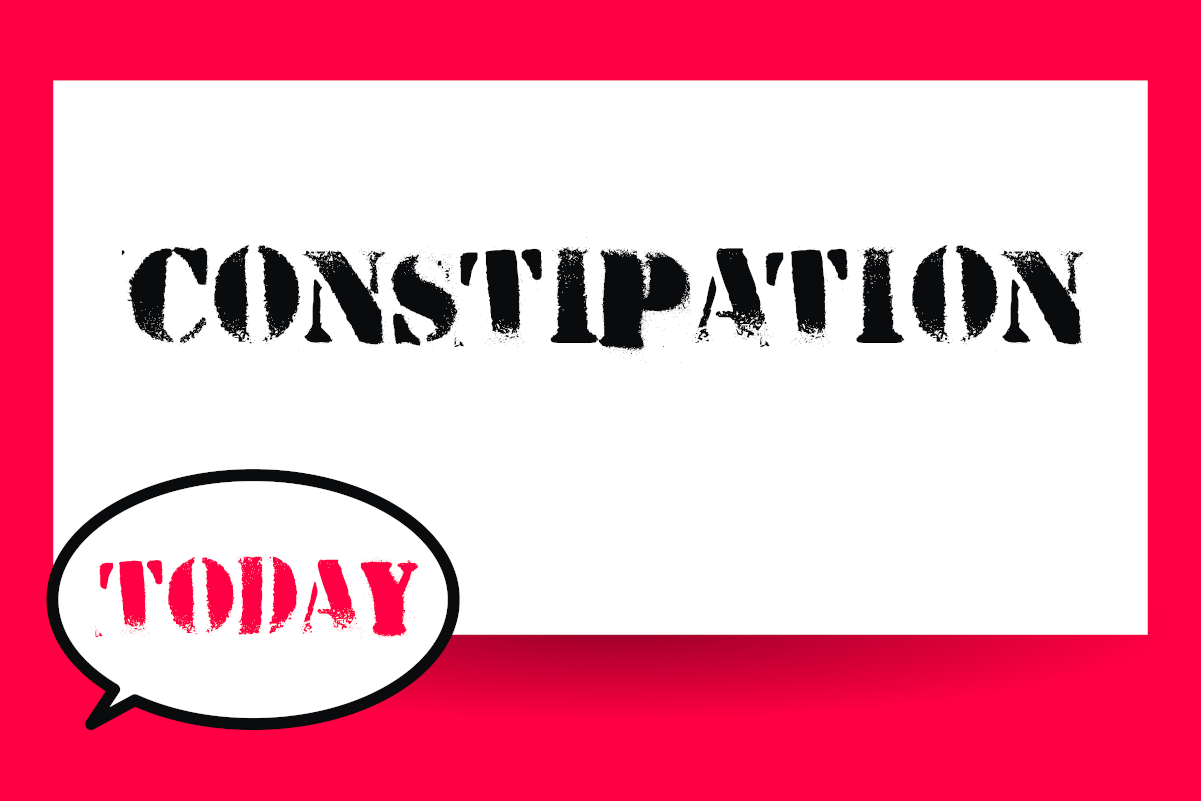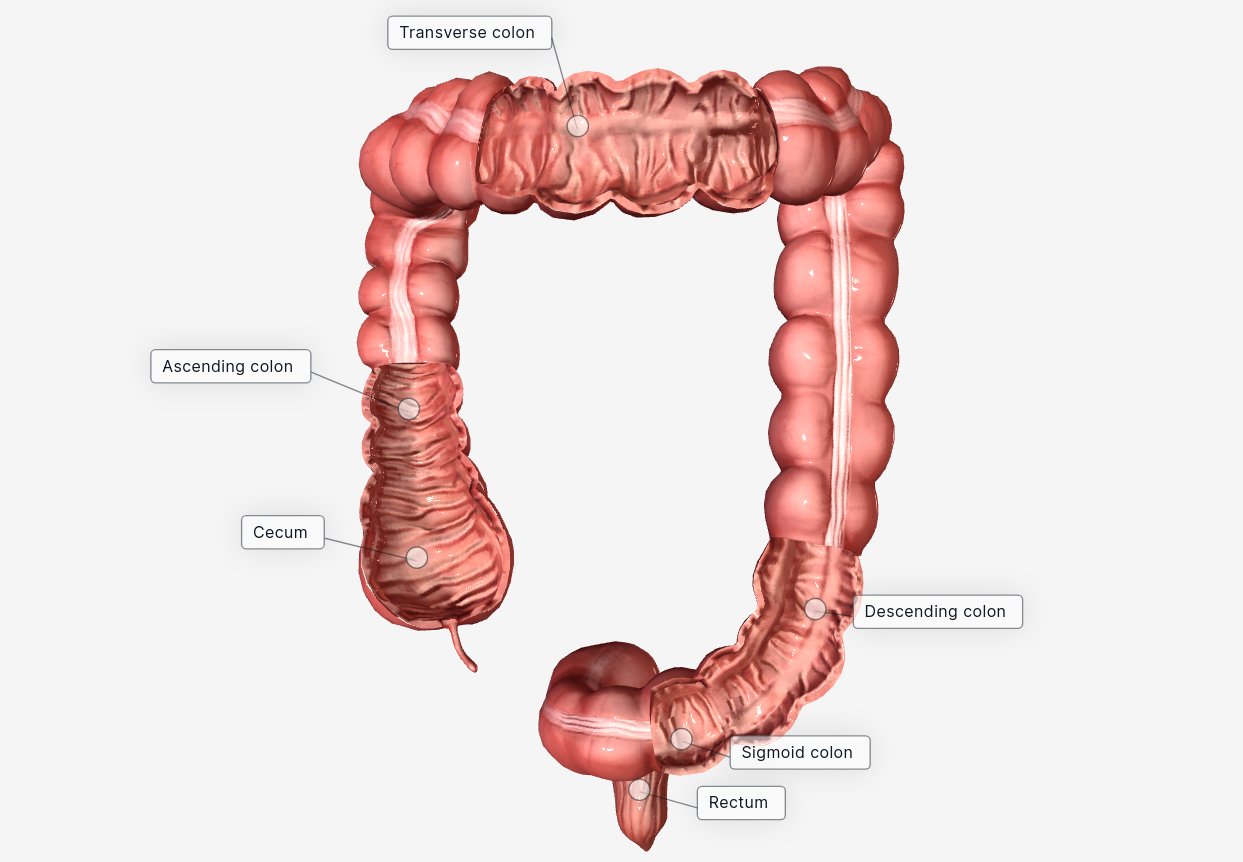
This chronic condition is a combination of diarrhoea attacks and intermittent constipation. It can involve a disturbance of muscular movement in the large intestine. Medics consider the cause of irritable bowel syndrome (IBS) unknown. However, stress can aggravate the disorder. Sensitivity to particular foods may trigger the symptoms. Other symptoms of IBS include abdominal cramps, bloating, and passage of mucus with faeces.
Irritable bowel syndrome (IBS) is a functional disorder characterized by recurrent irritation and inflammation of the large intestine (bowel). It results in abdominal bloating and pain relief through bowel movements. With no evidence of accompanying structural defects in the intestines, IBS is one of the most common gastrointestinal disorders.
Frequent signs and symptoms of IBS:
- Cramp-like pain in the middle or to the side of the lower abdomen;
- Bowel movements usually relieve the pain;
- Loose or more frequent painful bowel movements;
- Diarrhoea and constipation, typically alternating;
- Symptoms of upset stomach, flatulence, nausea, loss of appetite;
- Headache, backache;
- Rectal pain;
- Fatigue;
- Varying degrees of anxiety or depression;
- Excessive secretion of colonic mucus.

Colonic Irrigation with anti-spasmodic herbs & bicarbonate of soda
Colon cleansing with ENEMA HERBS & bicarbonate of soda is highly anti-spasmodic and helps void gas during colon hydrotherapy. It is especially beneficial in the presence of IBS and spasms. Your appointment will also include initial consultation.
Causes of IBS:
Consult a doctor to properly diagnose irritable bowel syndrome (IBS) and rule out other conditions.
- They disturb bacterial balance as a result of antibiotic or antacid usage. Antibiotics wipe out friendly and unfriendly bacteria, disturbing normal gut ecology. Antacids decrease hydrochloric acid in the stomach, which is necessary for proper digestion, and destroy unfriendly bacteria in the stomach.
- Laxative abuse. Laxatives are irritants that work by triggering forceful contractions (peristalsis) of the intestines in the body’s efforts to purge these offending substances. Besides, laxative abuse can damage the intestinal lining and result in poor absorption of nutrients.
- Stress and emotional conflict results in anxiety or depression. Stress disrupts the secretion of the body’s digestive factors, like hydrochloric acid and pancreatic enzymes. Significant stress, obsessive worry about everyday problems, marital tension, and fear of losing or dying a loved one also often precede IBS attacks.
- Food allergy. Approximately two-thirds of patients with IBS have at least one food allergy. The most common allergens are wheat and dairy products.
- Dietary factors. Excessive consumption of tea, coffee, carbonated drinks, and sugar. Excessive consumption of refined sugar may be the most critical contributor to IBS. A diet high in sugar quickly raises blood glucose levels, causing a sharp decrease in intestinal peristalsis. The first sections of the small intestine digest sugar primarily. Due to that, this portion of the digestive tract constantly receives a signal to stop contracting and eventually becomes atonic (paralysed). When partially digested food sits in the small intestine, bacteria have an abnormally long feeding time, resulting in bacterial overgrowth, bloating, and flatulence.

Alkalising colonic irrigation with sodium bicarbonate
Safe and effective colon hydrotherapy includes an initial consultation. Consequently, sodium bicarbonate delivered to the colon through hydrotherapy can kill off candida.
Risk increases with:
- Stress: disrupts digestive secretions
- Disease-promoting diet: a diet based on a high intake of red meat (saturated fat), processed foods, hydrogenated fats and sugar, with little consumption of fresh vegetables and whole grains, which promote gut health – fibre, vitamins, minerals, antioxidants and essential fatty acids.
- Drug therapy: In addition to antibiotics, which wipe out good gut bacteria, numerous commonly used drugs irritate the intestinal lining, such as laxatives and non-steroidal anti-inflammatory drugs such as aspirin and ibuprofen.
- Excess alcohol consumption: alcohol is an irritant that increases gut permeability to toxins and potentially allergenic foods. In addition, alcohol increases the adrenal gland’s secretion of stress hormones, including cortisol.
- Smoking: Nicotine stimulates the adrenal glands to secrete stress hormones.
- Fatigue and overwork both significantly increase stress.
- Poor physical fitness: Physical exercise reduces cortisol (stress hormone) levels and increases levels of mood-elevating beta-endorphins, thus decreasing anxiety and tension.
- Other family members with IBS: family members typically share eating patterns and may also share behavioural patterns, i.e. reacting to stressful situations by shutting off the production of digestive factors.
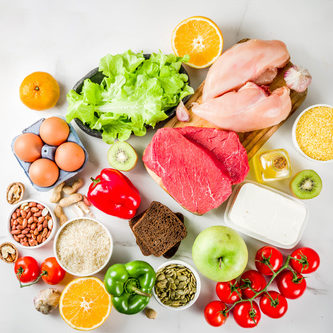
Food intolerance test of 208 ingredients
This is our most comprehensive food and drink test. It analyses your client’s IgG antibody reactions to 208 food and drink ingredients. This test will highlight their food triggers and help you formulate an IgG-guided elimination diet together.
Irritable bowel syndrome preventative measures:
- Avoid caffeine, alcohol, carbonated beverages, and simple sugars (refined foods)
- Get adequate sleep. Poor sleep quality correlates with an increase in both the severity and frequency of Irritable bowel syndrome symptoms.
- Don’t smoke
- Choose a health-promoting diet rich in whole, unprocessed, preferably organic goods, especially plant foods, and cold-water fish (salmon, mackerel, etc.)
- Increased dietary fibre from fruit and vegetable sources, such as wheat and other grains, is among the most commonly implicated foods in malabsorption and allergic conditions. Food allergy is frequently a significant factor in IBS, in which the intestines are irritated and highly susceptible to potentially allergenic proteins leaking into the general circulation.
- Identify and eliminate allergenic foods. Approximately two-thirds of people with IBS have at least one food allergy-related symptom, including palpitations, fatigue, excessive sweating, and headaches. The most common are dairy products, so replace them with goat’s milk and cheese and avoid products from cows.
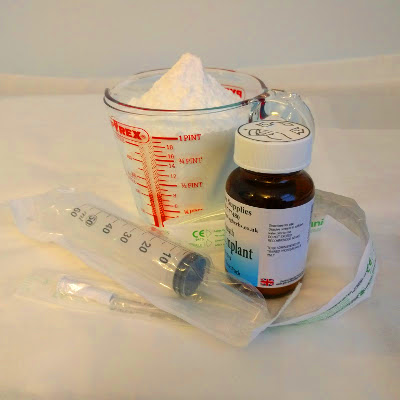
Probiotic implant and alkalising colonic with bicarbonate of soda
Alkalising colonic irrigation with bicarbonate of soda and high strength probiotic implants and comprehensive consultation is available at Parkland Natural Health Clinic.
Nutritional supplements for irritable bowel syndrome:
- Probiotics. Firstly, we need friendly bacteria to repopulate the intestines. Probiotics perform numerous functions essential for intestinal health, including metabolising nutrients, vitamins, drugs, hormones, and carcinogens. They also synthesize food for intestinal cells, prevent unfriendly organisms from attaching to and colonising the mucosal lining of the digestive tract, and stimulate normal immune responses. Probiotics compete with them, preventing colonisation and the overgrowth of usually benign organisms such as Candida albicans.
- Fibre. Secondly, fibre derived from fruit and vegetable sources should be used, not potentially allergenic grains.
- L-glutamine. It’s a primary metabolic fuel for the intestinal cells and maintains the villi. The porous surface through which we absorb nutrients;
- B Complex. Needed for proper muscle tone in the gastrointestinal tract.
- NAG (N-acetylglucosamine). The barrier layer is a significant constituent of the intestinal lining, protecting it from digestive enzymes and other potentially damaging intestinal contents.
- Digestive enzymes (with pancreatin) aid in protein digestion and prevent leaky gut syndrome. They also reduce inflammation and relieve pain after bowel movements.







